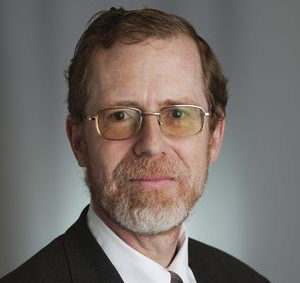This article is a part of the Unlocking the Law Symposium symposium.
It is questionable whether states should have unauthorized practiced of law statutes and bar admission standards based on credentials rather than examinations. A first step, however, is to attack statutes that forbid a non-lawyer from giving free legal advice, whether to friend, family, or just someone who can’t afford all the legal help he needs. Should such charity be a crime?
Consider, for example. South Carolina, where the leading case is State v. McClaren, 349 S.C. 488 (2002):
“We rule that South Carolina does not allow `jailhouse lawyers’ to practice law under the guise of an inmate giving advice or preparing legal documents for another inmate. The evidence is overwhelming in this case that the defendant practiced law in violation of § 40-5-310. We conclude that the express language of § 40-5-80 requires that leave of court be obtained before representation of another by a person not licensed to practice law is allowed without compensation. The court must exercise sound discretion whether to allow such representation. An open-ended, unfettered application of § 40-5-80 by courts would essentially emasculate § 40-5-310.”
It would seem to violate the 1st Amendment to forbid someone from telling a friend his opinion about what a law says. Indeed, this seems a far easier 1st Amendment case than most. Do we really think the government should be able to jail someone for talking about laws, when we use the same Amendment to defend pornographic movies and flag burning? Constitutional law is often bizarre, but would even such poor interpreters as Supreme Court justices go this far?
It shocks the conscience that it be criminalized for someone to tell their friend that the friend’s lawyer has given them unfounded legal advice. Yet to do that, especially if it be done carefully in writing with cites to the appropriate statutes and cases that the lawyer missed, is more the practice of law than the bad lawyer’s bare assertions.
I’d be interested in hearing from defenders of the status quo.




